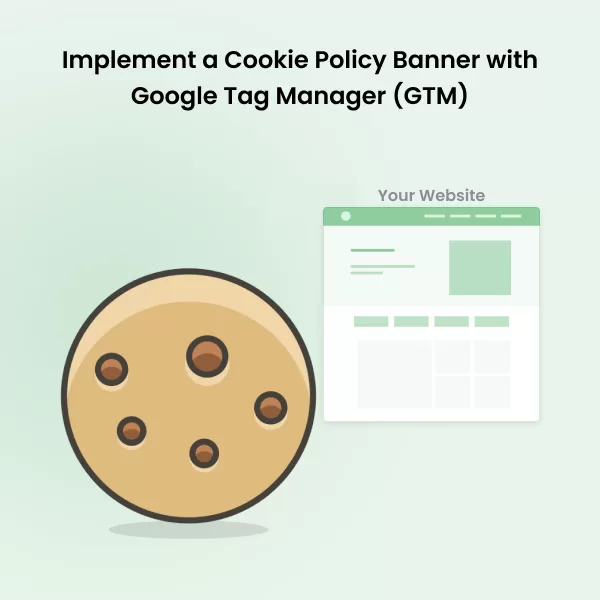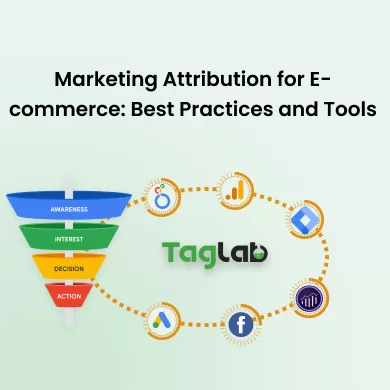Your cart is currently empty!
Engagement
Posted by:
|
On:
|
Engagement refers to the interaction and involvement of customers or users with a brand, product, or service. It encompasses various forms of communication and participation that foster a connection between the brand and its audience. High levels of engagement often lead to increased customer loyalty, satisfaction, and advocacy.
Detailed Explanation
Engagement is a crucial aspect of marketing and customer relationship management. It can take many forms, including social media interactions, email responses, participation in events, feedback and reviews, and other direct communications. Effective engagement strategies aim to create meaningful interactions that resonate with the audience, encourage participation, and build lasting relationships. By measuring engagement, businesses can assess the effectiveness of their marketing efforts and make informed decisions to enhance customer experiences.
Key Points
- What it is: Engagement refers to the level of interaction and involvement of customers or users with a brand, product, or service.
- Why it matters: High engagement levels lead to increased customer loyalty, satisfaction, and advocacy, which can drive sales and long-term business success.
- How it works: Engagement works by fostering meaningful interactions through various channels, such as social media, email, and events, encouraging participation and building relationships with the audience.
Examples
- Example 1: A brand actively interacts with customers on social media by responding to comments, sharing user-generated content, and hosting live Q&A sessions.
- Example 2: A company sends personalized email newsletters that include tailored content and exclusive offers, encouraging recipients to engage with the brand.
- Example 3: A retailer organizes in-store events where customers can try products, participate in demonstrations, and provide feedback, enhancing their connection with the brand.
Related Terms
- Customer Interaction
- Customer Loyalty
- Brand Advocacy
- User Experience (UX)
- Feedback Loop
Frequently Asked Questions
What is Engagement?
Engagement refers to the interaction and involvement of customers or users with a brand, product, or service. It includes various forms of communication and participation that foster a connection between the brand and its audience.
Why is Engagement important?
Engagement is important because high levels of interaction lead to increased customer loyalty, satisfaction, and advocacy. Engaged customers are more likely to make repeat purchases, recommend the brand to others, and contribute to long-term business success.
How does Engagement work?
Engagement works by fostering meaningful interactions through various channels, such as social media, email, and events. By encouraging participation and communication, brands can build relationships with their audience and enhance the overall customer experience.
What are some examples of Engagement strategies?
Examples of Engagement strategies include actively interacting with customers on social media, sending personalized email newsletters, and organizing in-store events that encourage customer participation and feedback.
What are related terms to Engagement?
Related terms to Engagement include Customer Interaction, Customer Loyalty, Brand Advocacy, User Experience (UX), and Feedback Loop. These terms highlight various aspects of the relationship between customers and brands.



